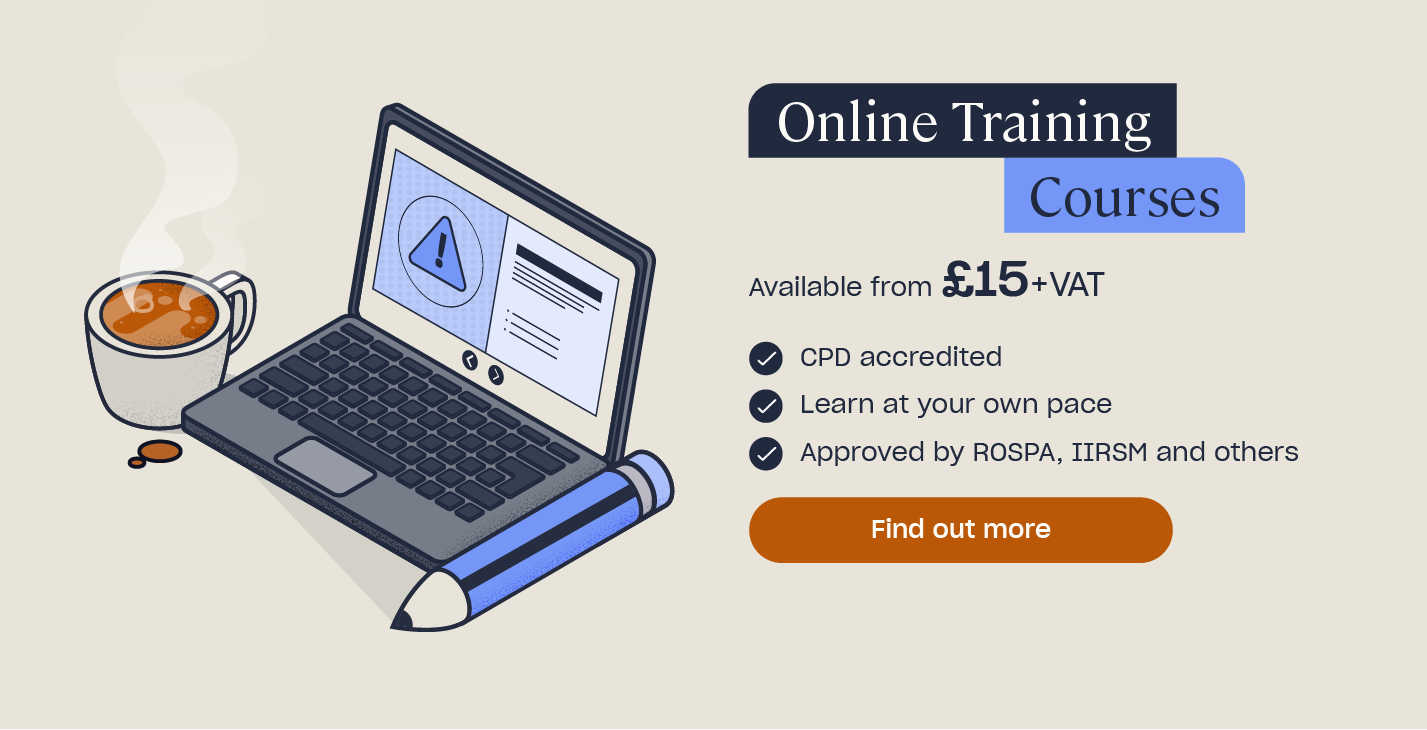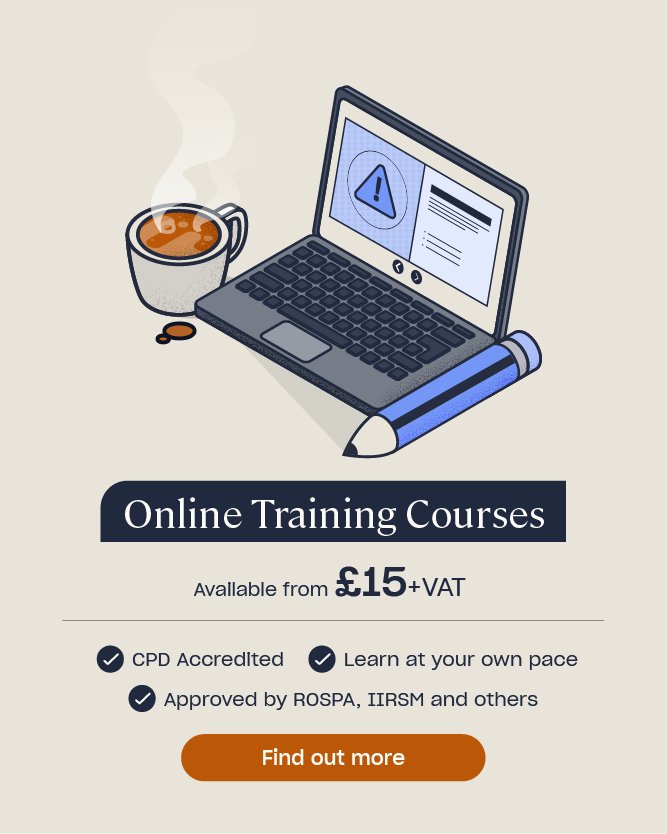Why is Continuous Learning Important?
The world that we live in is constantly changing. Technology is advancing rapidly, we are better able to communicate with others across the world, and information is at our fingertips at the click of a button. This impacts all areas of our lives, but particularly the workplace.
The only way to keep up is to carry on learning. Investing in yourself in this way helps you to enrich your skills and knowledge, stay up-to-date, and move forward in your career – or change industries. Continuous learning has also been shown to increase your morale, job satisfaction, and sense of self-worth.
In this article, we will outline what is meant by continuous learning, explain how it might benefit you, and provide you with a range of examples.

What is Continuous Learning?
Continuous learning is the process of acquiring new skills and knowledge continually over time (or ‘upskilling’). This helps you to develop both personally and professionally, open doors to new opportunities, and achieve your full potential.
You might also hear the term ‘lifelong learning’, which is a similar concept but usually refers to personal development, rather than work-related development.
Continuous and lifelong learning can take many different forms – everyone learns differently. From evening classes at your local university to bitesize learning or online courses, you can advance your skillset and move beyond your current job role.
How Will Continuous Learning Benefit Me?
There are a range of benefits of continuous learning, including:
- Gaining confidence. With the knowledge that you’ve gained additional skills to take you forward in your career, you will feel more ready to take on challenges or new opportunities.
- Career development. Learning new skills can lead to future promotions or extensions beyond your current job role. It makes you more valuable to your current employer and more marketable to prospective employers if you’re between jobs – continuous learning shows that you are committed to working hard, bettering yourself, and staying relevant in the industry.
- Obtaining or updating your qualifications and certifications. In your job, you may need to carry out regular training to achieve or update certificates or certain qualifications – continuous learning can help you to stay on track and up-to-date.
- Changing your perspective. As you learn, your views and attitudes can change. Continuous learning can give you a greater understanding of issues you might come across, as well as helping you to solve problems that you could not see an answer to before.
- Boosting productivity. Feeling fulfilled and confident leads to a boost in productivity, which is also a benefit for employers. This can have an impact on how long employees stay at a company, as well as the success of the business.
- Encouraging others. If you lead the way in showing that learning is important, you could inspire those around you to develop their own skills further. This could, in turn, improve your work environment. Our Coaching and Mentoring training can help further your encouragement skills as you learn how to .

Examples of Continuous and Lifelong Learning
Continuous or lifelong learning can take place through formal or informal methods. Formal learning includes courses from universities or colleges, external workshops or conferences, or online learning.
Interested in Online Learning?
Have a look at our course library. We offer a range of accredited courses that you can take at any time – from home – to help you develop your skills and knowledge, from Leadership and Management to Starting a Business, or more specific courses within the food and drink, business, education, health and social care, and construction industries.
You might also carry out self-directed learning, such as researching or reading around a topic, listening to podcasts, or watching instructional videos. Additionally, your workplace might offer coaching and mentoring programmes, or you could join a blog or social media group involved in your interests.
Each of the different methods has its own advantages and disadvantages – have a look at our article ‘What is E-Learning?’ for more information. It’s important to choose a format that works for you, so that you get the most benefit out of it.
Continuous or lifelong learning has huge benefits, from increasing your job prospects and helping you stay relevant in the industry to giving you a greater sense of self-worth and contentment. By being a continuous learner, you can invest in yourself and stay up-to-date in an ever-changing world – we hope that this article has inspired you to get started!
Further Resources:
- Online Training Courses
- How to Upskill Yourself
- Writing a Professional Development Plan – Example & Template
- The Consequences of a Lack of Training in the Workplace
- How Online Training Can Benefit Your Business
- What Does it Mean to be a T-Shaped Employee?
- Transferable Skills: What Are They and Why Are They Important?
- Coaching and Mentoring Training











